Teams, tales and tips – a guide to the local game
The story of football in Salzburg is one with a lot of Bull – Red Bull, in fact, the Austrian energy drinks company whose takeover of city flagship SV Austria Salzburg polarised local support and changed domestic football forever.
In fact, it wasn’t so much the takeover as the whitewashing from history of whatever came before. 2005 was Year Zero – name, team colours and tradition all went out the window.
Company team FC Red Bull Salzburg have since notched up a comprehensive string of league titles, breaking the Viennese monopoly and bringing managers of the quality of Giovanni Trapattoni, Co Adriaanse and Huub Stevens to sleepy Salzburg.


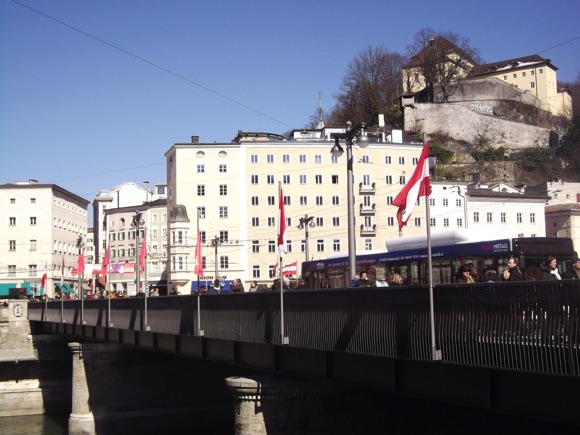
Seeing red, and unable to reach agreement with the new owners on retaining at least something of their club’s 60-year history, hard-core fans set up SV Austria Salzburg. AFC Wimbledon-style, this moral continuation of the original club formed in 1933 rose through the lower ranks to play in the Regional League West, Austria’s third tier.
In 2014, SV made the play-offs for the second flight but lost out to FAC Vienna. Then, in 2015, the unbelievable happened. With a memorable late goal in Kitzbühel, SV Austria gained promotion to the second flight. In 2015-16, the Violets stood one campaign from the Austrian Bundesliga – and Red Bull. Two consecutive relegations later, and the Violette are now in the Salzburg regional league, the third tier.
For that brief season, though, SV’s big-name opponents were Wacker Innsbruck, LASK Linz and… FC Liefering, Red Bull Salzburg’s de facto reserve side hosted the city derby at the Red Bull Arena. These days, a few hundred still gather there for Liefering games, even though the club cannot gain promotion while the parent one remains in the Bundesliga.




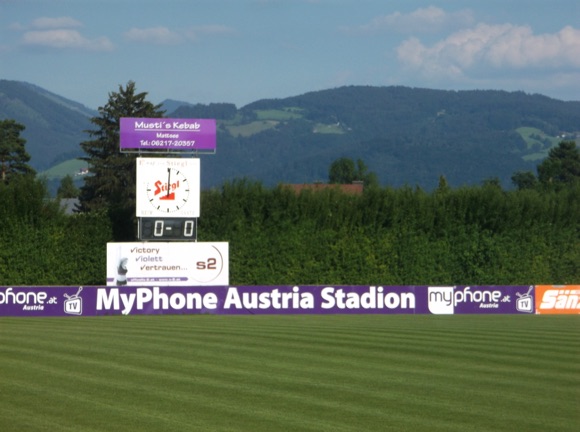

The Red Bull Arena is at Wals-Siezenheim west of town, close to the German border. It also staged three (Greek) matches for Euro 2008. SV Austria Salzburg are also in the far west of town, right by the airport, at the Max-Aicher-Stadion, improved for the 2015-16 campaign.
Consisting of one main stand, half-seated, with a bar/restaurant at the back, the stadium is by the Klostermaierhofweg bus stop on line 10 from central Hanuschplatz. Online sales are €13 to sit in Sector A, €10 to stand in the fans’ area alongside, and €8 to stand by the pitch. Tickets are also available on the day at the ground.
A fans’ bar, Violett, opens on match days, by tennis courts near the stadium entrance. Alongside, the lovely, traditional Gasthaus Kuglhof offers a bucolic beer garden ideal for pre-match relaxation. Nearby on the main road, Garfield is a friendly Imbiß with a side terrace, purveying classic Balkan snacks, ćevapčići, pljeskavica and so on.




Salzburg’s real football home was the Stadion Lehen, opened in 1952, shortly before the original SV Austria Salzburg made the top flight. SV had been formed in 1933 from an amalgamation of Hertha and Rapid. Provincial clubs were yet to make an impact in Austrian football. The Lehen was where Austrian international Erich Probst spent a late-career season, but it didn’t start to see real action until Salzburg put themselves in lucrative sponsors’ pockets in the early 1990s.
As Casino Salzburg, the Violets won the league in 1994, reaching the UEFA Cup Final where they lost each leg 1-0 to Internazionale. Under wily Croat coach Otto Barić, the team then defended their title and went on to make the Champions League. A third title came in 1997.
The Lehen, halfway between town and the current Red Bull Arena, was closed in 2002.



Currently challenging SV Austria Salzburg in the regional third tier are Salzburger AK 1914, the foundation date meaning that they are the oldest club in the city. Not only that, they were the most successful before the war, three times runners-up in the national amateur championships. Twice top-flight in the professional era, SAK have been in the lower leagues since the 1980s.
Their home is the SAK Sportplatz, close to the city centre on Ulrike-Gschwandtner-Straße, about a kilometre or so from the Mozart Bridge. At the ground, upscale restaurant Auszeit opens for special events and lunchtimes Mon-Wed.
More accommodating, the Arge Beisl (Ulrike-Gschwandtner-Straße 5) is a modern eatery with affordable meals and a large summer terrace. Closed Sundays and holidays.
Getting Around
Arriving in town, local transport and timings
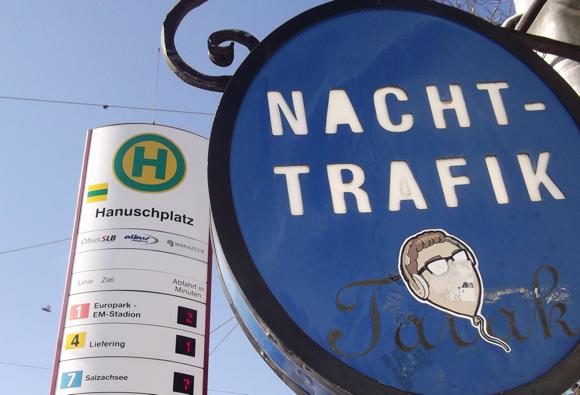
Salzburg Airport WA Mozart is 3km (1.5 miles) west of town, linked by bus 2 (every 10-20mins, journey time 20mins, €2.70) to the train station at Südtirolerplatz. Tickets are sold from the machine by the bus stop or from the driver. Salzburg Taxi (+43 676 3347 141) should charge about €14.
The bus and train stations are on the other bank of the Salzach to the historic sights. The centre is walkable – a bus network serves outlying areas. A single ticket bought on board is €3, a 24-hour pass €6.40, €4.50 in advance.
Either main stadium requires either public transport or a taxi from the city centre.
Where to Drink
The best pubs and bars for football fans


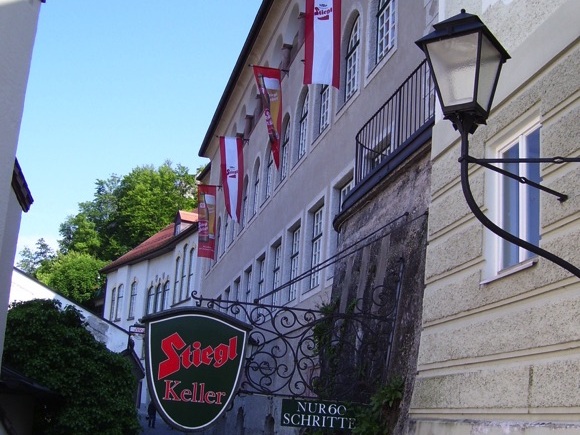
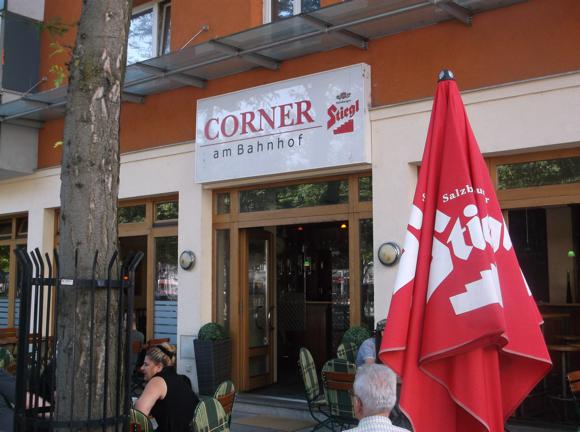
The main bar hubs are a short stretch of Rudolfskai between main Staatsbrücke and Mozartsteg Bridge; and further west along the river, around Anton-Neumayr-Platz. Stiegl is the local beer of choice, which you can sample immediately out of the station at the Corner am Bahnhof with its old beer ads and local regulars.
More tourist-friendly is the Stieglkeller on Festungsgasse, with its panoramic beer garden. Locals flock to the larger Biergarten at the 17th-century Augustiner Bräustübl Mülln on Augustinergasse, where you choose your own mug, wash it, and present it to the full-figured beer pourer before finding a spot outside. In the monastery complex within, the Gambrinus-Saal is where TV football is screened.
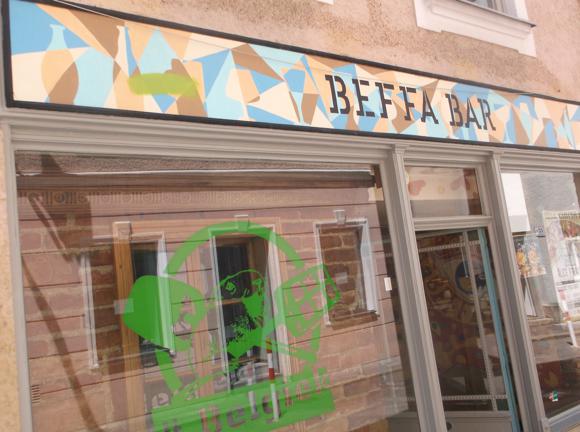
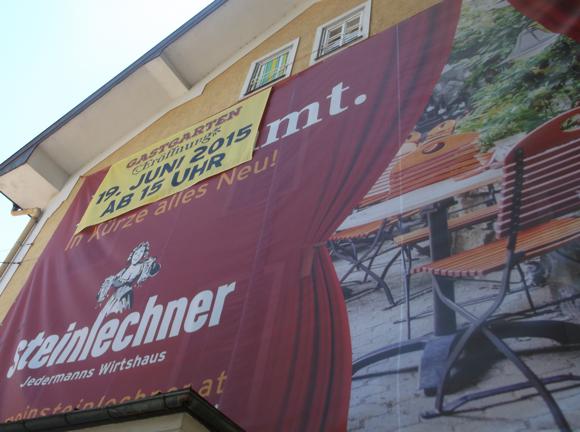
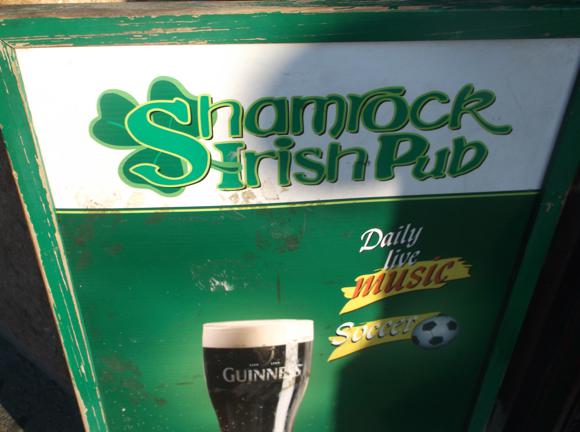



Other recommendations for local spots include the Alchimiste Belge, formerly the Beffa Bar, on Bergstraße, with its choice of quality draught brews, and the bucolic Steinlechner Wirtshaus, a quality restaurant on Aigner Straße with a bar attached.
There are several expat pubs: crowded basement Shamrock and nearby evening-only O’Malley’s are just over Staatsbrücke on Rudolfskai. Deeper into the historic centre, on Kaigasse The Dubliner opens until 2am every night. Murphy’s Law is set up on the pleasant cobbled street of Gstättengasse and big on TV football.
Where to stay
The best hotels for the stadium and city centre
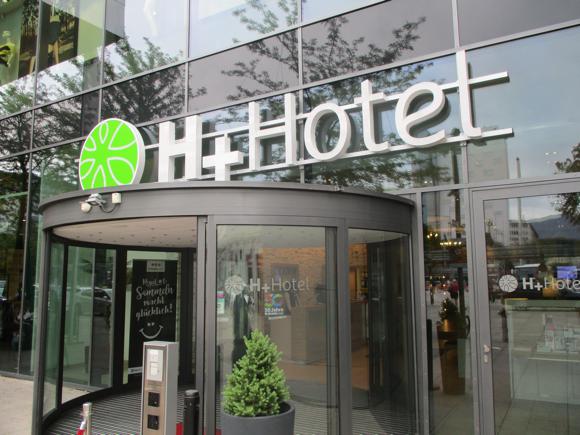


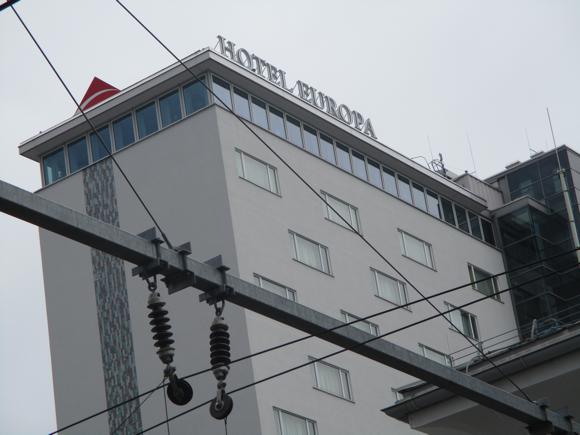
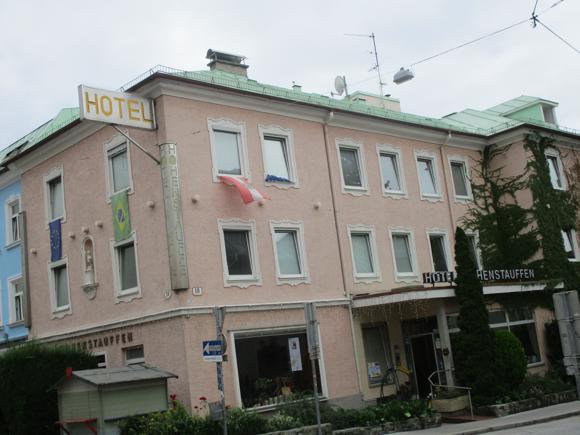


The Salzburg Tourist Office has a booking service.
There are no hotels near the stadium so the train station is as good a location as any. Immediately to the right as you exit the terminal, the H+ Hotel Salzburg, the former Ramada, comprises 120 modern rooms, a spa and restaurant. Across the square, the Austria Trend Hotel Europa is a notch above thanks to its panoramic restaurant and superior rooms.
A block or so away on Elisabethstraße, you’ll find the Hohenstauffen, a friendly, family-run three-star, and the Adlerhof, dating back to 1900 and still in the hands of the Pregartbauers. Also here is the old-school, affordable Pension Jahn, with WiFi in rather dowdy rooms.


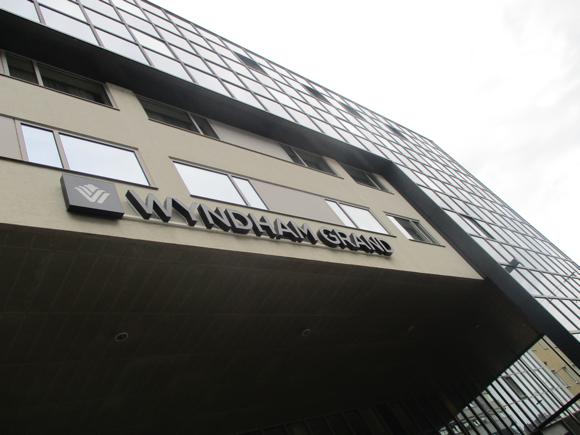

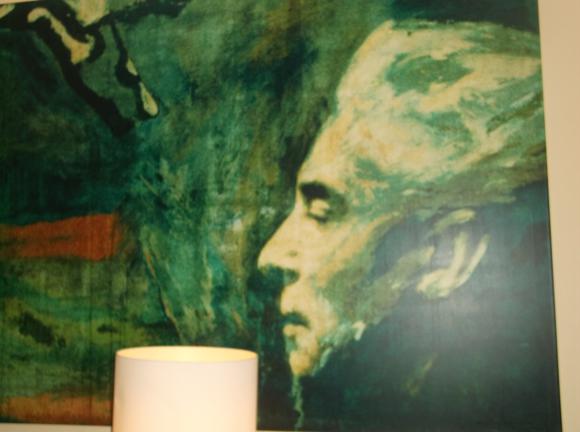

Across from there, the Salzburger Hof is currently being completely revamped, while opposite, the former k6 Rooms is now the boutiquey Levy’s.
One block over on Fanny-von-Lehnert-Straße, the upscale Wyndham Grand Salzburg offers a heated indoor pool and extensive conference facilities, while across the road is the local branch of the successful German a&o chain, a hostel/budget hotel hybrid with a 24-hour reception and games a-plenty.
Between the station and the city centre on Saint-Julien-Straße, the Germany-wide Plaza Inn has taken over from the old-school AMEDIA Hotel Express. On the same street, Am Hirschengrün has taken over from the ACHAT Plaza Zum Hirschen Salzburg, a convivial choice with 60 affordable guest rooms.


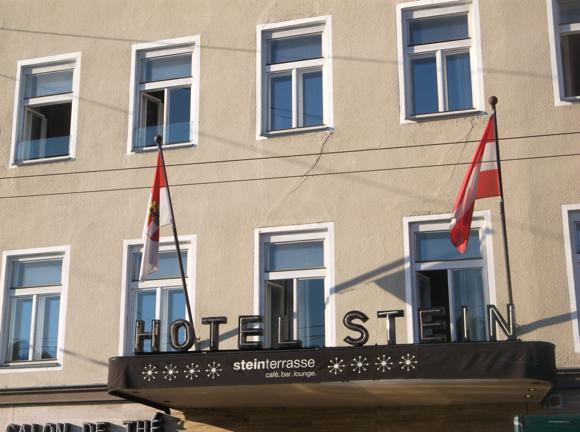
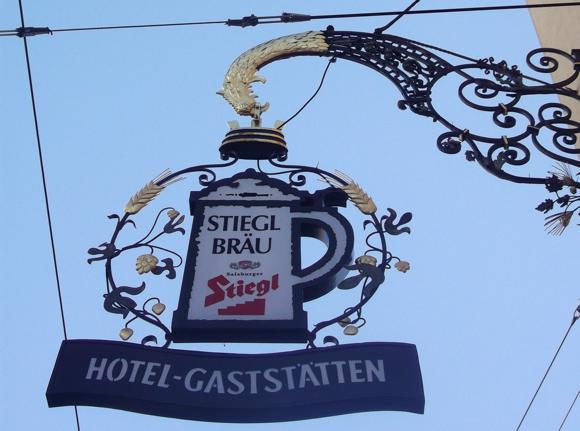


Tourist-swamped Salzburg is filled with hotels. Most are of the traditional and upper-bracket variety, including the legendary Sacher Salzburg on Schwarzstraße and the nearby Hotel Stein on Giselakai, both with stellar views over the Salzach river.
Also central but cheaper are the Hotel Imlauer & Bräu with its typical local restaurant on Rainerstraße, the themed Hotel Mozart on Franz-Josef-Straße and the Lasserhof on Lasserstraße, a steal online.
The German half-hostel, half-budget chain MEININGER City Center is not as central as its name would suggest, stuck out on Fürbergstraße near Salzburg Gnigl station.





